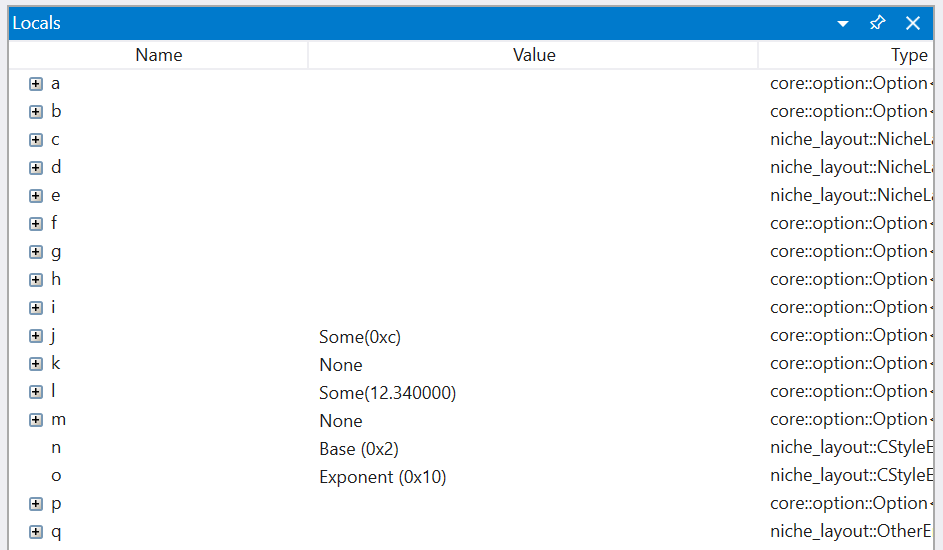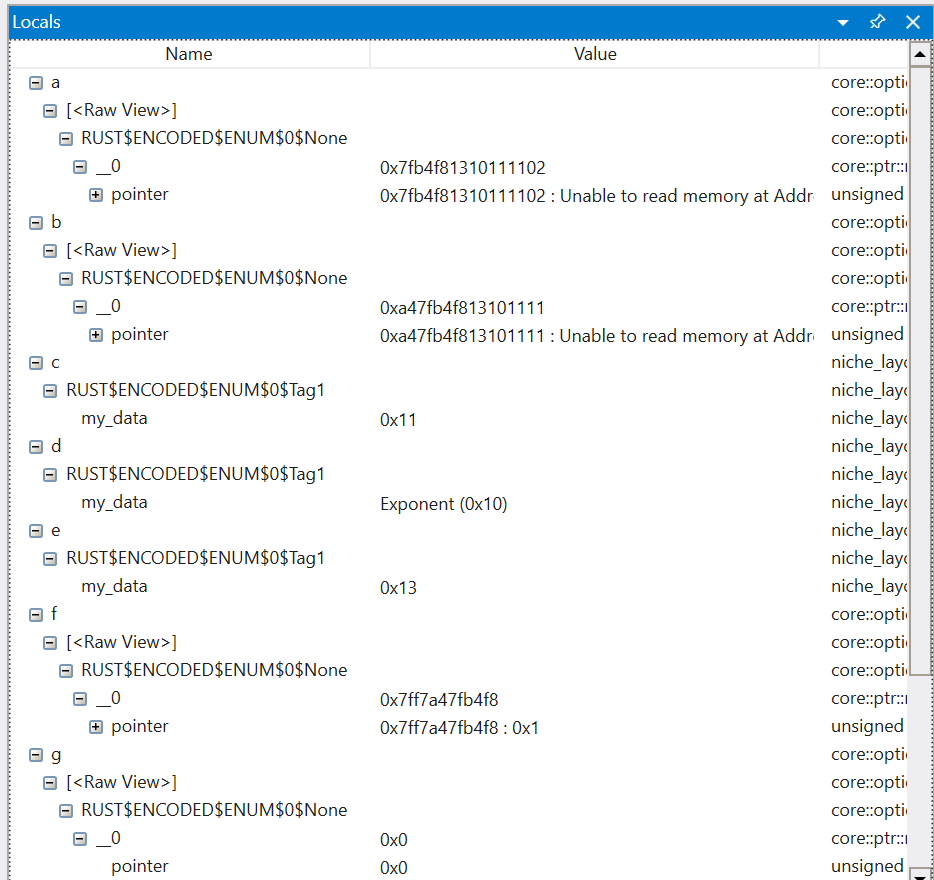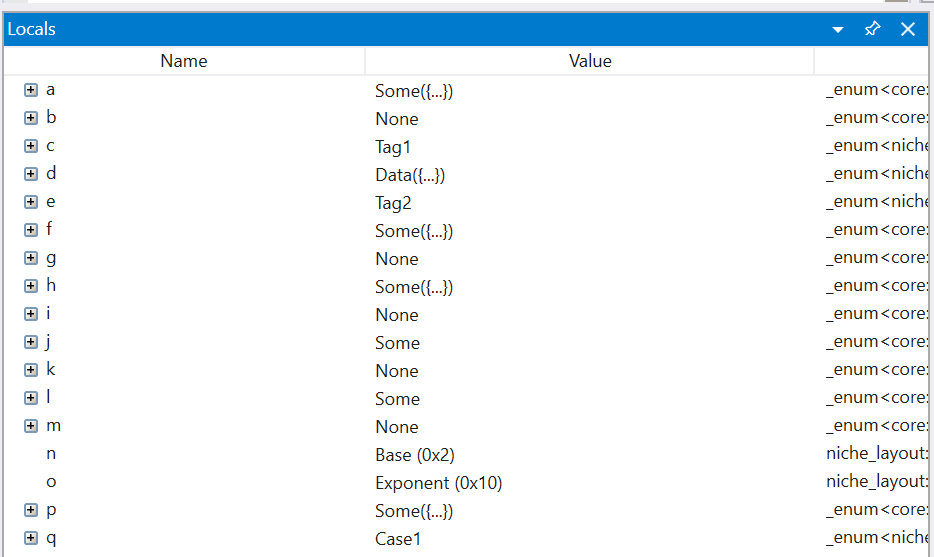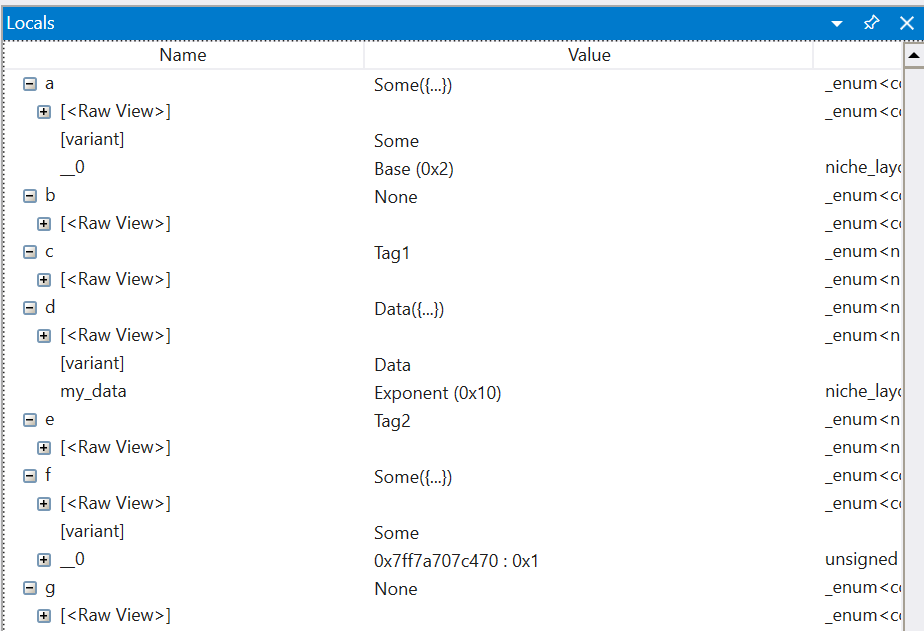Test was added in PR #84404.
The intent here is: The `copy`/`copy_overlapping` intrinsics are going through
some flip-flopping now of "are they intrinsics or not". We can achieve the same
effect that the test intended by using `likely`/`unlikely`.
Support for force-warns
Implements https://github.com/rust-lang/rust/issues/85512.
This PR adds a new command line option `force-warns` which will force the provided lints to warn even if they are allowed by some other mechanism such as `#![allow(warnings)]`.
Some remaining issues:
* https://github.com/rust-lang/rust/issues/85512 mentions that `force-warns` should also be capable of taking lint groups instead of individual lints. This is not implemented.
* If a lint has a higher warning level than `warn`, this will cause that lint to warn instead. We probably want to allow the lint to error if it is set to a higher lint and is not allowed somewhere else.
* One test is currently ignored because it's not working - when a deny-by-default lint is allowed, it does not currently warn under `force-warns`. I'm not sure why, but I wanted to get this in before the weekend.
r? `@nikomatsakis`
Reland - Report coverage `0` of dead blocks
Fixes: #84018
With `-Z instrument-coverage`, coverage reporting of dead blocks
(for example, blocks dropped because a conditional branch is dropped,
based on const evaluation) is now supported.
Note, this PR relands an earlier, reverted PR that failed when compiling
generators. The prior issues with generators has been resolved and a new
test was added to prevent future regressions.
Check out the resulting changes to test coverage of dead blocks in the
test coverage reports in this PR.
r? `@tmandry`
fyi: `@wesleywiser`
fix testing Miri with --stage 0
Fixes https://github.com/rust-lang/rust/issues/78778 for Miri.
The issue remains open for error_index_generator, which has its own dylib logic:
903e369c83/src/bootstrap/tool.rs (L396-L400)
`@jyn514` I could just copy the logic from `add_rustc_lib_path`, but that does not seem great. Any other suggestions?
Also I wonder if maybe `prepare_tool_cargo` should already call `add_rustc_lib_path`.
Rollup of 8 pull requests
Successful merges:
- #85717 (Document `From` impls for cow.rs)
- #85850 (Remove unused feature gates)
- #85888 (Fix typo in internal documentation for `TrustedRandomAccess`)
- #85889 (Restoring the `num_def_ids` function in the CStore API )
- #85899 (jsondocck small cleanup)
- #85937 (Fix bad suggestions for code from proc_macro)
- #85963 (Show `::{{constructor}}` in std::any::type_name().)
- #85977 (Fix linkcheck script from getting out of sync.)
Failed merges:
r? `@ghost`
`@rustbot` modify labels: rollup
Fix linkcheck script from getting out of sync.
When there are changes to the linkcheck script, the CI jobs used in the books would download the latest version on master, but run it against nightly. During that 24 hour window, the CI can fail if the script has changes that are incompatible with the last nightly. This fixes it so that it downloads the linkchecker that matches the version of nightly.
This also includes a fix to build with release to make it run much faster (I forgot to add this in #85652).
jsondocck small cleanup
updated `shlex` (there was some fix 6db4704fca)
replaced `lazy_static` with `once_cell`
removed `serde` direct dependency (`serde_json` will pull it)
Restoring the `num_def_ids` function in the CStore API
## The context
I am the maintainer of https://github.com/hacspec/hacspec, an embedded Rust DSL aimed at cryptographic specifications. As it is normal for an embedded DSL, Hacspec's compiler relies on being plugged to the internal API of the Rust compiler, which is unstable and subject to changes.
## The problem
The Hacspec compiler features its own typechecker, that performs an additional, more restrictive typechecking pass over the Rust code of a crate. To complete this typechecking, the Hacspec compiler needs to retrieve the signature of functions defined in non-local imported crates. Rather than retrieving these signatures on-demand, the Hacspec compiler pre-populates its typechecking context with all the Hacspec-compatible symbols defined in non-local crates first. This requires having a way to iterate over all the definitions in a non-local crate.
I used to do this with `CrateMetadata::all_def_path_hashes_and_def_ids`, but this function was deleted in 908bf5a310. Then, I fellback on `CStore::num_def_ids`, exploiting the fact that all the `DefIds` for a crate have the same `krate_num` and range from `0` to `num_def_ids(krate_num)`. But `num_def_ids` was deleted in b6120bfb35.
I looked to the `Cstore::item_children_untracked` function to replicate the feature of traversing through all the `DefId` for a crate, using `CRATE_DEF_INDEX` as the root, but this does not work as recursive `Cstore::item_children_untracked` calls do not reach all the symbols I was able to reach using the two previous methods.
## Description of this PR
This PR simply restores in the public API of `CStore` the `num_def_ids` function, giving the size of the definition table for a given crate.
Remove unused feature gates
The first commit removes a usage of a feature gate, but I don't expect it to be controversial as the feature gate was only used to workaround a limitation of rust in the past. (closures never being `Clone`)
The second commit uses `#[allow_internal_unstable]` to avoid leaking the `trusted_step` feature gate usage from inside the index newtype macro. It didn't work for the `min_specialization` feature gate though.
The third commit removes (almost) all feature gates from the compiler that weren't used anyway.
Improve debugging experience for enums on windows-msvc
This PR makes significant improvements over the status quo of debugging enums on the windows-msvc platform with either WinDbg or Visual Studio in three ways:
1. Improves the debugger experience for directly tagged enums.
2. Fixes a bug which caused the debugger to sometimes show the wrong debug info for niche layout enums. For example, `Option<&u32>` could sometimes use the debug info for `Option<&f64>` instead leading to nonsensical variable values in the debugger.
3. Significantly improves the debugger experience for niche-layout enums.
Let's look at a few examples:
```rust
pub enum CStyleEnum {
Base = 2,
Exponent = 16,
}
pub enum NicheLayoutEnum {
Tag1,
Data { my_data: CStyleEnum },
Tag2,
Tag3,
Tag4,
}
pub enum OtherEnum<T> {
Case1(T),
Case2(T),
}
fn main() {
let a = Some(CStyleEnum::Base);
let b = Option::<CStyleEnum>::None;
let c = NicheLayoutEnum::Tag1;
let d = NicheLayoutEnum::Data { my_data: CStyleEnum::Exponent };
let e = NicheLayoutEnum::Tag2;
let f = Some(&1u32);
let g = Option::<&'static u32>::None;
let h = Some(&2u64);
let i = Option::<&'static u64>::None;
let j = Some(12u32);
let k = Option::<u32>::None;
let l = Some(12.34f64);
let m = Option::<f64>::None;
let n = CStyleEnum::Base;
let o = CStyleEnum::Exponent;
let p = Some("IAMA optional string!".to_string());
let q = OtherEnum::Case1(42u32);
}
```
This is what WinDbg Preview shows using the latest rustc nightly:

Most of the variables don't show a meaningful value expect for a few cases that we have targeted natvis definitions covering. Even worse, drilling into many of these variables shows information that can be difficult to interpret without an understanding of the layout of Rust types:

With the changes in this PR, we're able to write two natvis definitions that cover all enum cases generally. After building with these changes, WinDbg now shows this instead:

Drilling into the same variables, we can see much more useful information:

Fixes#84670Fixes#84671
Restored underlying num_def_ids_method
Update compiler/rustc_metadata/src/rmeta/decoder/cstore_impl.rs
Changed name to fit with naming convention
Co-authored-by: bjorn3 <bjorn3@users.noreply.github.com>
Update compiler/rustc_metadata/src/rmeta/decoder/cstore_impl.rs
Replace regular doc with Rustdoc comment
Co-authored-by: Joshua Nelson <jyn514@gmail.com>
Clarifies third-party use of num_def_ids_untracked
Update cargo
10 commits in e931e4796b61de593aa1097649445e535c9c7ee0..0cecbd67323ca14a7eb6505900d0d7307b00355b
2021-05-24 16:17:27 +0000 to 2021-06-01 20:09:13 +0000
- Configure hosts separately from targets when --target is specified. (rust-lang/cargo#9322)
- Add some validation to rustc-link-arg (rust-lang/cargo#9523)
- Implement suggestions for unknown features in workspace (rust-lang/cargo#9420)
- Extract common `make_dep_path` to cargo_util (rust-lang/cargo#9529)
- Add a note about rustflags compatibility. (rust-lang/cargo#9524)
- Consolidate doc collision detection. (rust-lang/cargo#9526)
- Add `--depth` option for `cargo-tree` (rust-lang/cargo#9499)
- `cargo tree -e no-proc-macro` to hide procedural macro dependencies (rust-lang/cargo#9488)
- Update to semver 1.0.0 (rust-lang/cargo#9508)
- Update tar dependency to 0.4.35 (rust-lang/cargo#9517)
Use pattern matching instead of checking lengths explicitly
This piece of code checks that there are exaclty two variants, one having
exactly one field, the other having exactly zero fields. If any of these
conditions is violated, it returns `None`. Otherwise it assigns that one
field's ty to `field_ty`.
Instead of fiddling with indices and length checks explicitly, use pattern
matching to simplify this.
`@rustbot` modify labels +C-cleanup +T-compiler
Turn off frame pointer elimination on all Apple platforms.
This ends up disabling frame pointer elimination on aarch64_apple_darwin
which matches what clang does by default along with the
aarch64_apple_ios and x86_64_apple_darwin targets.
Further, the Apple docs "Writing ARM64 Code for Apple Platforms" has a section
called "Respect the Purpose of Specific CPU Registers" which
specifically calls out the frame pointer register (x29):
The frame pointer register (x29) must always address a valid frame
record. Some functions — such as leaf functions or tail calls — may
opt not to create an entry in this list As a result, stack traces
are always meaningful, even without debug information.
Other platforms are updated to not override the default.